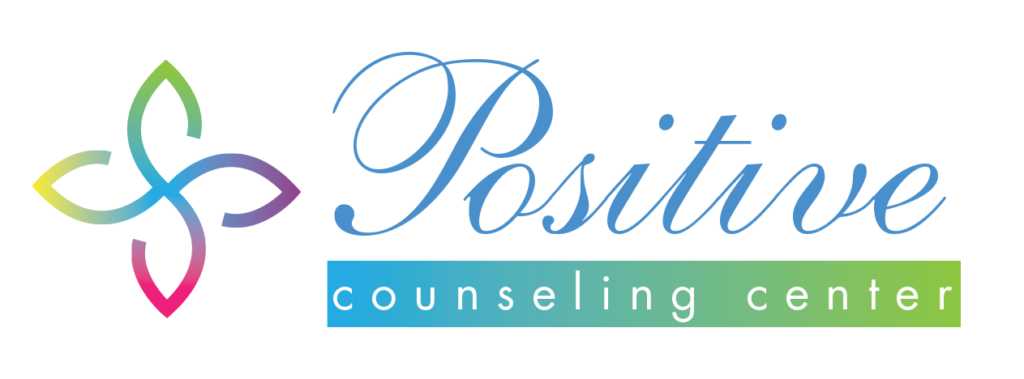 Is Marijuana an Herb?
Is Marijuana an Herb?
Marijuana is the most commonly used illicit drug in the U.S., with nearly 20 million people using it every month. Though it possesses legal medicinal uses, marijuana is most frequently used for recreation purposes in an effort to achieve a temporary, brain-altering ‘high’. Despite the side effects and medical emergencies that have been linked to the drug, illicit marijuana use is still widespread. In fact, many of its proponents call for legalization of the substance, claiming its herbal properties make it safe for use.
The reality is, learning how to stop smoking weed is extremely difficult – not only because smokers are physically addicted, but also mentally addicted.
Herbal Dosing
While it is true that marijuana is derived from the leaves and flowering buds of the cannabis plant, the purity and potency of the herb can vary significantly. Since the FDA does not regulate the sale of herbs, and the government considers marijuana a drug, it is nearly impossible to know the exposure levels of THC or marijuana’s potency when being smoked, as levels of THC can vary significantly from plant to plant. For example, the buds tend to contain more THC than the leaves or stems, yet most recreational marijuana contains a mixture of each of the components of the plant, making it difficult to determine the amount of THC exposure.
Since THC is the component most associated with the ‘high’ of marijuana, the effects of smoking a recreational mixture of the substance can vary from batch to batch. Even in clinical studies for medicinal use, researchers have found difficulty calculating appropriate standard dosages of THC, as the biological interactions can vary from person to person. That is why the FDA has only given its approval to synthetic versions of THC, as the amounts of THC in the drug are more easily regulated. In fact, the FDA has not approved marijuana for any indications at all – including medicinal use or for the treatment of conditions like anxiety, insomnia or depression. We would recommend to keep up to date with Marijuana news on sites like Marijuana101.Org so you are always up to date with the current trends.
There has been suggestion that low level THC marijuana may have therapeutic benefits. This low THC marijuana was most common in the 60’s and 70’s. Possibly this may be more of an “herb” at low THC. Since the 80’s growers of marijuana have mutated the buds in such a way that they have produced marijuana with enormous THC levels. What once may have in fact been herbal, has now become an illicit drug with the same addictive qualities of drugs such as heroin, cocaine and other drugs.
Marijuana and THC are Not Safe
Aside from its mind-altering side effects, there are many other reasons for being cautious about marijuana and THC usage. One of the biggest concerns is the carcinogenic effects of smoking pot. Like tobacco smoke, marijuana smoke contains several harmful chemicals that can irritate the bronchial airways, cause cancer and promote tumor growth. Furthermore, people who smoke marijuana tend to inhale deeper and longer, resulting in a 500 percent increase in carbon monoxide concentration and 3 times the tar exposure and retention.
Marijuana significantly impacts the motivation center of the brain as well as slowing down thought processes and delayed reaction response. These effects may impair a person’s ability to perform at work or operate a motor vehicle. The term, “up in smoke” is used to signify marijuana users sitting around talking about all of the things they plan to do which they never accomplish. This difficulty following through, being ambitious and completing tasks in a timely manner is often caused by marijuana use for those individuals who use daily.
Smoking marijuana can also have a negative impact on fertility in both men and women. Research has shown that smoking marijuana can cause abnormal sperm shape, size and function. Men who smoke marijuana have also been found to have lower volumes of semen, as well as poor sperm motility. In women who smoke marijuana, THC can linger in the reproductive fluids, changing the quality and function of sperm that come in contact with it. Furthermore, marijuana use can lower the quality of the egg, preventing it from being fertilized or producing chromosomal abnormalities that result in miscarriage. Other illicit drugs such as heroin, crack, cocaine and crystal methamphetamine do not cause the same infertility issues as marijuana. This harmful effect of marijuana makes it even more concerning than other drugs.
Other side effects that have been linked to THC include:
- Dizziness
- Changes in blood sugar levels
- Increased risk of bleeding
- Low blood pressure
- Increased eye pressure
- Seizures
- Gastrointestinal complications
- Skin reactions
- Dangerous interactions with alcohol, prescription medications and other drugs
Discontinuing marijuana use suddenly after daily use for a period of time 3 or more months may cause:
- Gastrointestinal problems
- Difficulty sleeping
- Difficulty concentrating
- Headaches
- Irritable mood
Marijuana and Mental Health
Marijuana produces mind-altering effects that have been linked to an increased risk of psychosis and other mental illnesses. Studies have shown that several factors contribute to the correlation between mental health and marijuana use, including the age of first use and genetic predisposition to mental illness. Adolescents and people with a family history of mental illness such as Bipolar Disorder or schizophrenia are more likely to develop psychosis with prolonged marijuana usage. If they continue marijuana use after diagnosis and treatment, the individual is not likely to stabilize their mental illness. There has been suggestion that the onset of mental illness may be earlier than otherwise would have been without marijuana use.
Some people may smoke marijuana in an effort to self-medicate for certain types of symptoms and mental health problems. The immediate effects of marijuana can be relaxing and euphoric, which may lead some to believe it can help problems like insomnia, anxiety and depression. In reality, marijuana use over time worsens these problems, causing additional sleep problems, paranoia and mental health imbalances.
Of course, marijuana can be addictive too. Repeated use of the substance can cause chemical changes within the brain, leading to dependency. The National Institute on Drug Abuse estimates that nearly 1 in 10 marijuana users will become addicted to the drug, and nearly 1 in 5 will become dependent if they started using the substance during adolescence. For those individuals who use marijuana during adolescence, the possibility exists that marijuana use may affect the brain development which continues until age 25.
If you or someone you know has a problem with marijuana use or is exhibiting signs of dependency, help is available. Contact RecoveryNOW for more information about beginning the path to recovery.
Resources:
http://adai.uw.edu/marijuana/factsheets/respiratoryeffects.htm
https://www.drugabuse.gov/publications/research-reports/marijuana/what-marijuana
http://www.fda.gov/NewsEvents/PublicHealthFocus/ucm421163.htm
http://www.drugs.com/npp/marijuana.html
https://www.drugabuse.gov/publications/research-reports/marijuana/marijuana-addictive







